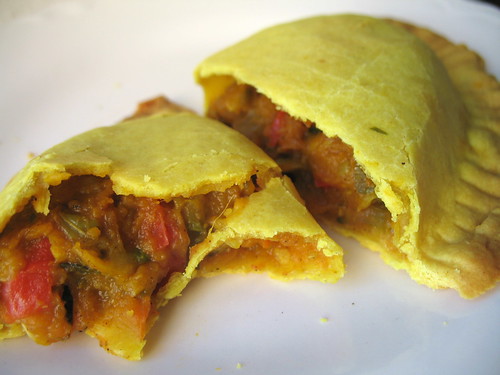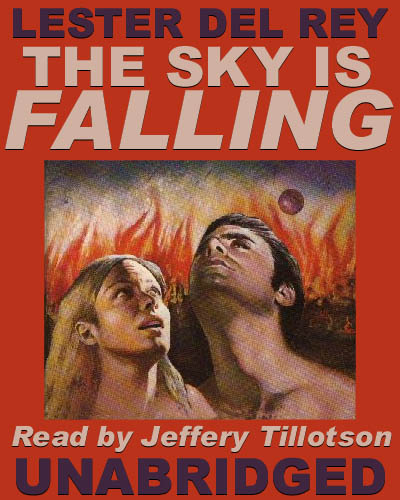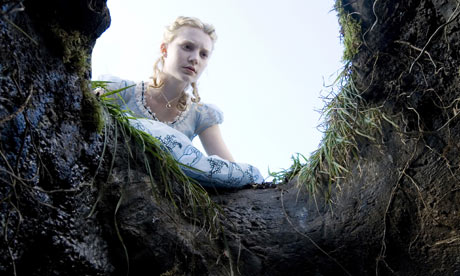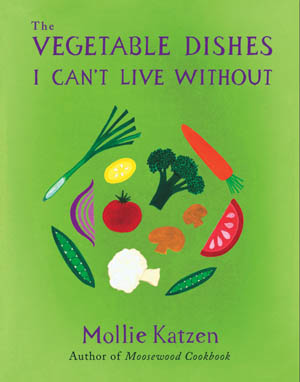
Eileen left for a two day conference on plant stuff yesterday. She called last night excited that she was able to do plant “tissue” cultures. This seems to be a sort of petri-dish-based growing of plants from tissue. This is something she has wanted to do and said it was worth the price of admission just to do this. So that’s good.
After she left, I found myself sitting at the piano randomly working on a sketch. After some time, this evolved into a full fledge beginning draft of a piece I temporarily dubbed “Small Rain.”
| O WESTERN wind, when wilt thou blow | |
| That the small rain down can rain? | |
| Christ, that my love were in my arms | |
| And I in my bed again!
Anon 16th century |
[link] to Bartleby’s Oxford Book of English Verse
I have been reading this poem since I was a kid. I still like it.

It rained here in Western Michigan this morning while I was laying in bed gathering energy to get up. I had the windows open all night and it was a very pleasant way to begin the day.
I noticed that Arts & Letters Daily linked into Sven Birkhert’s American Scholar article called “Reading in a Digital Age.” [link] I read this and commented on it back in March.
Glancing over it yesterday, I was again struck by the naive histrionic view that bemoans the huge impact of the internet and consumerism upon our ability to think. Reading and thinking seems to have always been a minority activity. Whippy skippy.

Birkerts and others usually bring up stuff about technology and reading online that I myself contradict with my own behavior. And I’m an old guy. Public intellectuals love to say how the technology is the natural water for the young. I say it doesn’t make them think any more or less than any environment experienced by most young humans.

How we respond to being alive seems to be a complex combination of who we are and who is around us and what we are capable of learning and processing and then what we actually do.

So fuck these guys who say the internet or something is basically ruining and changing everything. The possibilities remain. And we as humans will both imaginatively embrace it and obstinately and ignorantly ignore it.

Marcella Spann says in her introduction to the anthology she co-edited with Ezra Pound (“Confucius to Commings”) that “what matters in poetry…” and one could add music, art, you name your particular intellectual endeavor, “… is the intensity of the emotion, and the depth of comprehension registered by the writer” or musician or artist or thinker.
This intensity is something that draws me to people living and dead.
For me “intensity” implies a certain helpless honesty.
We all deal with our blindness, our illusions. Surmounting them in any small part is a very satisfying activity. And temporary. And always a bit inaccurate.
So after exercising and having lunch, I jumped in the car and did errands, picked up some new CDs at the library, came home and began working on the Jamaican Pastries.
These two days of solitude are enhanced by the fact that the charismatics have taken over my church building for the weekend (Cursillos).
So I have the odd freedom of not being able to practice organ there. My prelude and postlude this week are appropriately easy (due to this occupation of the religious types of the building). I am playing a nice little chorale prelude on MIDDLEBURY (Come away to the skies) and Healey Willan’s classic setting of GELOBT SEI GOTT for the postlude. Neither of them require too much prep.
I have been working on some Bach however which I do miss rehearsing. But it’s worth it to have this heady sense of having time to compose. I am planning to give myself another opportunity today to continue. After all this is one of the reasons I give myself for being such a bum: creators need this kind of time.
I ordered a couple of cookbooks online yesterday:
I have the Devin Alexander checked out from the library and have been cooking out of it. I like her combination of carefully designed low fat low cal recipes with stuff that actually tastes good.
As Eileen did her last minute prep to leave I made us “Mini Frittatas with Herbed Goat Cheese” from the Alexander cookbook.

What a brilliant idea! It’s just egg beaters with herbed cheese baked in a muffin tin. This could lend itself to many tasty easy variations.
Other recipes I have made recently include:
“Chocolate Raspbery Breakfast Sunday” (258 calories) I used fresh strawberries instead of raspberries, since they are more in season and much cheaper at Meijers.
“Blue Cheese Portobello Mushroom Burger” (224 calories)
A variation on Alexander’s “Drippin’ Kickin’ Burger” This is a meat recipe for the lovely Eileen. I omitted the hot sauce and substituted regular Swiss cheese from the fridge for the suggested “light Swiss.”
And the ridiculously easy “Strawberry Shortcake to Go” which consists of layers of angel food cake, fresh strawberries and fat free thawed frozen whipped topping (Cool Whip).
I have also been on a cooking spree in Mollie Katzen’s little volume. Yesterday was the day to order them in the mail.
Mollie Katzen is the author of the wonderful Moosewood series. She has a bunch of recipes online one can access [link]



When I took the course for online certification (which is required to teach online courses), I was somewhat overwhelmed and frustrated by the use of communication technology to increase the communication process without some effort to understand the time required for this process. Advanced programming and new communication tools in the guise of convenience requires the individual to make better decisions as to the requirements of understanding the new tool and ultimately converting information to knowledge. This information and knowledge dilemma, I believe is some of the issue concerning the internet. Much of what passes as knowledge on the internet has by-passed traditional historic methods of qualification of information and as a result there is some question of validation of the information. This is the problem with intellectuals who were at one point were able to control this process. This creates an angst against this valuable tool, the internet. It is an area of further debate for the individual to assume more responsibility of the qualification of the information or to accept it as given. Creating an ability to assess this information is important for the individual to qualify it for knowledge. Whether the current politics will allow it to continue may actually be the reason that there are articles about controlling the internet.
I actually offer extra credit to individuals who write about the information vs. knowledge topic.
The first image I used to use about the internet was that it was like being at a huge cocktail party. Some brilliant people around worth listening to and conversing with…. others that need to be avoided and ignored.
Later I initially had a bit of a question about wiki-public community approach to knowledge. Then I realized that the reference tools I had learned to use in my field were shot through with well known errors. Hmmmm.
I like the idea emerging from Howard Rheingold’s work that we need to keep shifting the idea of literacy and awareness to fit our tools of communication and conversation…. He teaches a different kind of literacy:
Here’s a link to an article of his I like (you have to scroll down a bit) on Crap Detection:
http://www.sfgate.com/cgi-bin/blogs/rheingold/index?blogid=108
This is the same guy that I read in an earlier journal entry of yours. Very Interesting. I had forwarded this on to Dr. Parkins, who still sends in an occasional letter to the editor at the Wall St. Journal. Tough to change old ways. I have been telling students about “crap detection” for along time. I just never called it that. I referred to it as validation of information. I think crap is a better name. Although John Crapper may have an objection to it.
Yeah. Validating information. I think of it as asking who made what I am looking at and what were their goals….. whether it’s a tv news show or a festschrift of scholarly articles. always helpful to me to think about.
On the other hand, I myself am full of crap… heh